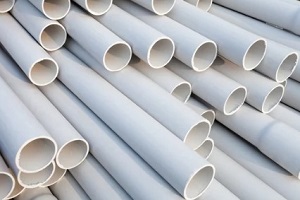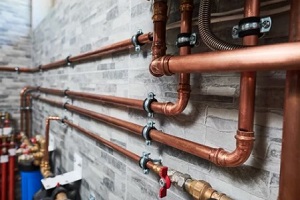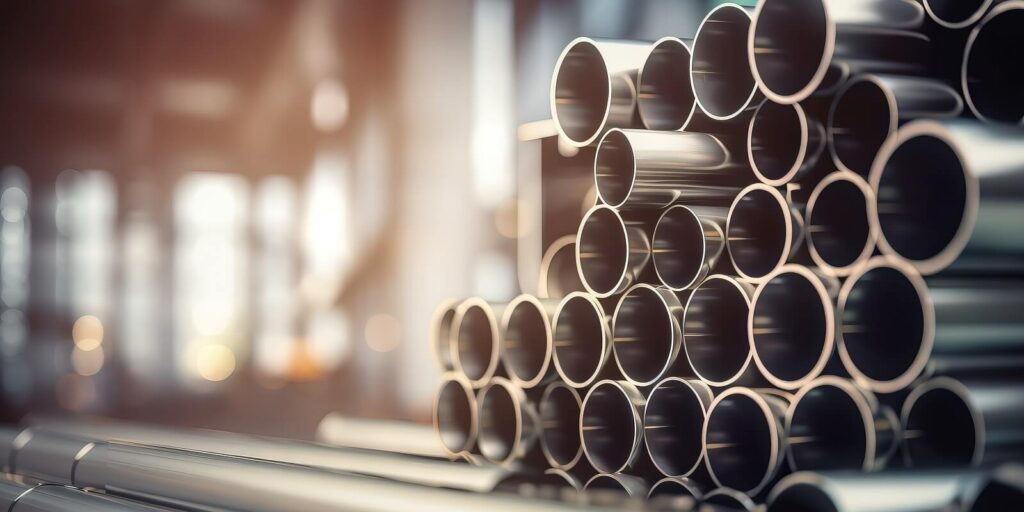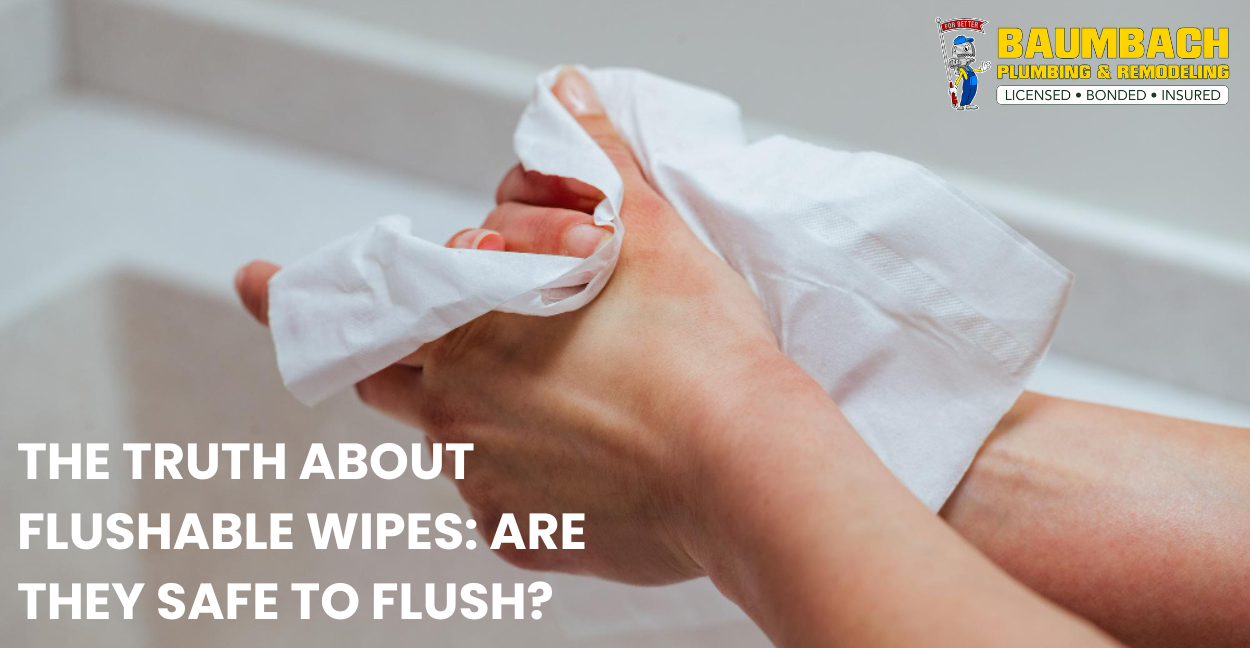
One factor that can make plumbing issues more complicated is the variety of pipe materials found in homes throughout the country. Older homes often have pipes made from materials that have since fallen out of favor or have been deemed dangerous, while many modern homes take advantage of the benefits offered by newer materials.
Here is a look at the different types of plumbing pipes you may encounter in residential properties.
Rigid Copper Pipes
Copper pipes are one of the most traditional types of plumbing pipes thanks to their long lifespan and reliability. Water supply lines in homes are often made of rigid copper as it does not pose any health risks and provides superior corrosion resistance.
Rigid copper piping is easily cut with a copper tube cutter or hacksaw, and it can stand up to intense water pressure and heat. It is also easy to recycle, which is very appealing to homeowners as environmental consciousness grows. Although it can be difficult for do-it-yourselfers to work with, experienced plumbers can ensure these pipes are installed safely.
PEX Pipes
PEX pipes, also known as cross-linked polyethylene pipes, are a newer type of pipe in the plumbing market. Rigid enough to handle the pressures of water supply yet flexible enough to be woven through walls, basements and ceilings, this type of piping has seen its popularity soar in the areas of the U.S. where its use has been approved.
One of its greatest strengths is its flexibility, with the ability to achieve curves of 90 degrees with this material. It is inexpensive, easy to cut, and color-coded with red pipes for hot water and blue pipes for cold water.
It can even be joined to copper pipes. However, it must be well supported wherever it is installed, and it is important for a plumber to install and test the fittings, particularly behind walls.
PVC Pipe

Polyvinyl chloride, or PVC, pipe is a type of plumbing pipe that is easier to work with than the traditional galvanized steel varieties, and it is also lighter. While standard PVC pipes tend to be used for drainage only, CPVC may be used for domestic water purposes.
It can be glued together with solvents, but it is important that an expert carries out this work as glued pipes may leak if they are not installed correctly. Its low price makes it great for long runs, such as when used for irrigation, and its white surface makes it easy to mark and read diameters. Although it is very common, its use is not legal everywhere.
ABS Pipe
Acrylonitrile butadiene styrene, or ABS pipe, is largely used for vent and drain lines. It resembles PVC pipe to some degree, although it is a bit softer. This sturdy pipe is suited to underground exterior use, and it performs well in colder environments. However, it is important to keep in mind that it can warp and deform at certain temperatures, and some building codes do not allow it.
Flexible Type Connection
Flexible connections are a special type of connection used as final connections to home appliances such as water heaters, sinks and toilets. They boast a high heat tolerance and fit well into tight and oddly shaped areas. Also known as flexis, they can be used on domestic water and are available in a variety of lengths and sizes.
However, they cannot be used inside floors or walls and must be used in accordance with local codes. This type of pipe is very thin and therefore more prone to breakage.
Galvanized Steel Pipe
Many older homes have plumbing that uses galvanized steel pipes. This material was long used in pipes for water supply, gas supply, drainage and other purposes.
However, new construction and remodels tend to avoid these types of pipes as the material eventually corrodes and can block water flow. In addition, some galvanized steel pipes can pass lead into the water supply, which poses significant health risks.
Cast Iron Pipe
Another type of pipe that has fallen out of favor in recent years is cast iron pipe, although you will still find it in many homes, particularly for drainage purposes. It is very strong, but its heaviness makes it difficult to cut.
It eventually rusts all the way through, at which point it is no longer viable. Retrofits are often carried out to replace cast iron pipe with more rigid plastic varieties, such as ABS.

Brass
Brass plumbing pipes made with a higher percentage of copper offer great rust resistance. The best grade of brass pipe is known as red brass pipe, which is made with an alloy containing 85 percent copper.
Brass pipes are easier to thread than steel ones, and they are commonly used for hot water and large distribution systems, such as water tanks, wells and pump fittings.
Reach Out To Baumbach Plumbing & Remodeling Today
When you need plumbing work done, it is important to hire master plumbers who can carry out the work safely and effectively.
With more than 90 years in business, contact the team at Baumbach Plumbing & Remodeling. We have experience working with all types of pipes and can address all of your routine and emergency plumbing needs.






